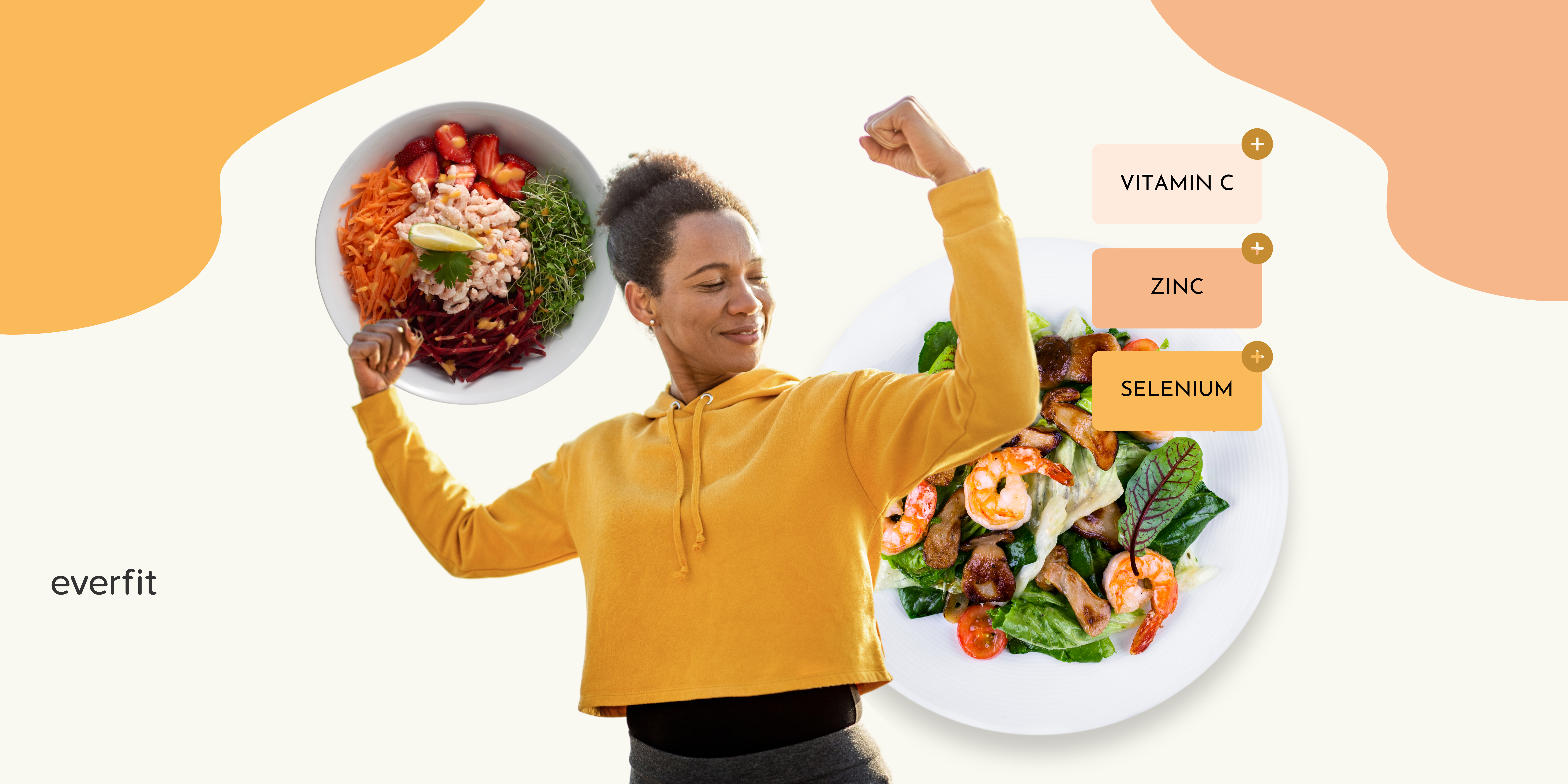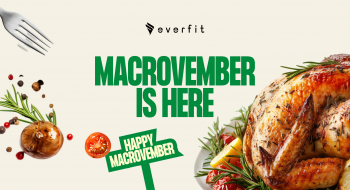Exercise has been shown to improve immune health, but so can food! In this blog post, here are some suggestions on vitamins and minerals trainers should include in their client’s diets to strengthen their immune systems. And remember, Everfit can help keep your clients on track to reach their fitness goals with features like macros tracking and workout builders.
During the holidays, it is especially important to continue to prioritize a healthy lifestyle as changes in weather, colds, and flu, and big group gatherings can put people at higher risk for getting sick. Sleeping, exercising and lowering stress most effectively prime the body to fight illness, however, a balanced diet consisting of a range of vitamins and minerals in combination with these factors can have compounding positive effects on a person’s body. During this holiday season, follow these steps to drastically improve immunity and reduce the chances of acquiring an illness.
Here are some important vitamins and minerals to incorporate into your meals that boost the immune system:
- Vitamin C: Citruses (oranges, kiwi, lemon, grapefruit), bell peppers, tomatoes, broccoli, strawberries, brussel sprouts, potatoes, and cauliflower) – Produce is high in vitamin C and there are additional benefits to consuming more fruits and vegetables rather than just taking a vitamin C supplement. Incorporating a wider variety of products also increases fiber intake as well as disease-fighting compounds naturally found in plant foods that supplements can’t provide. If you are unsure of where to start gravitate towards yellow and orange produce like carrots, sweet potatoes, and mango which contain vitamin A as well. Vitamin A is a nutrient that also keeps tissue healthy.
- Vitamin D: Drinks fortified with Vitamin D, fish oils, and fatty fish (like salmon and tuna)
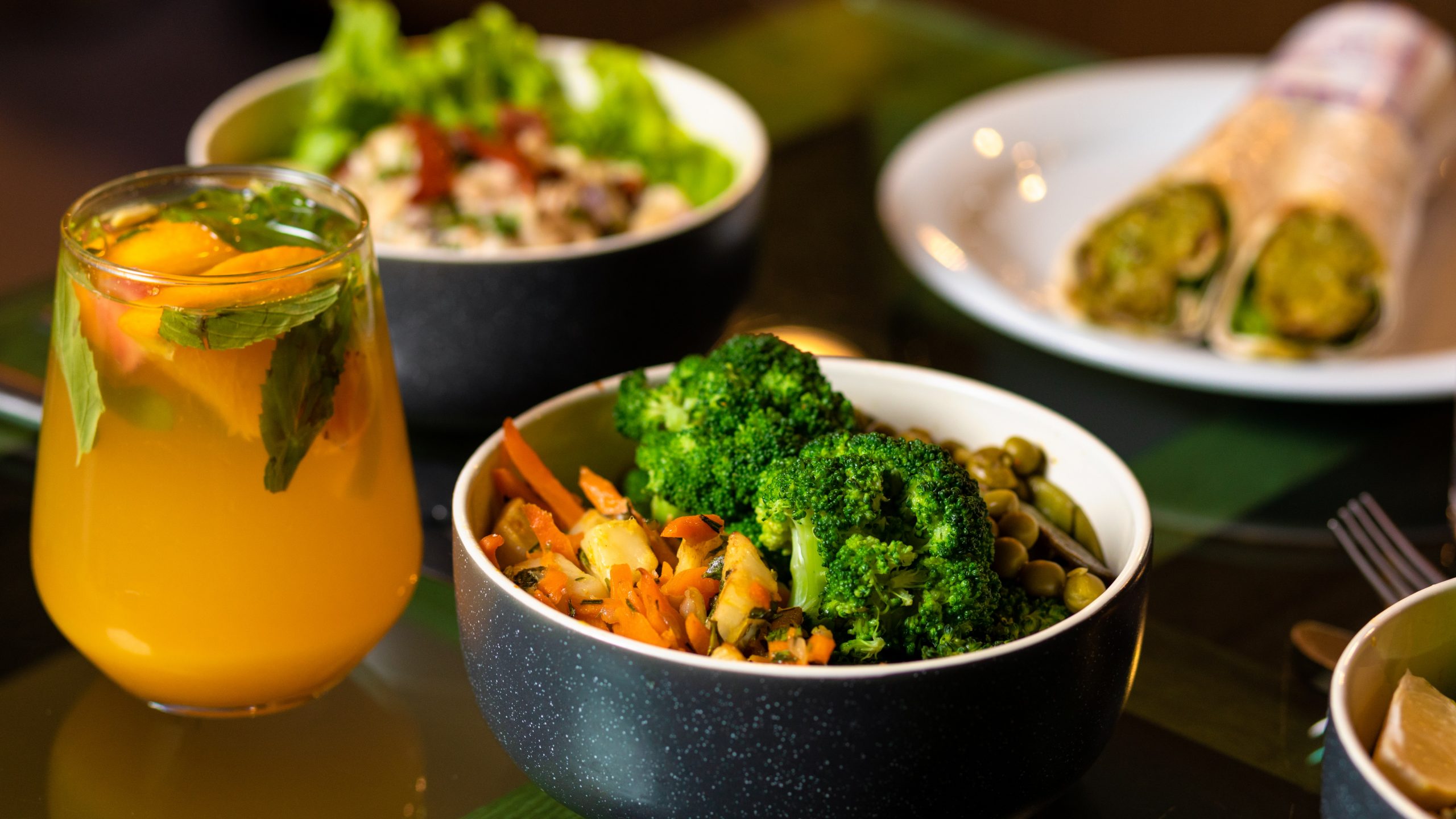
- Zinc: Zinc activates enzymes that break down proteins in viruses and bacteria so they are less able to spread. Zinc also increases the activation of cells responsible for fighting infection.
- Selenium: This antioxidant helps lower oxidative stress in your body, which reduces inflammation and enhances immunity. Studies have demonstrated that increased blood levels of selenium are associated with enhanced immune response. Good sources of Selenium are pork, beef, turkey, chicken, fish, shellfish, and eggs.
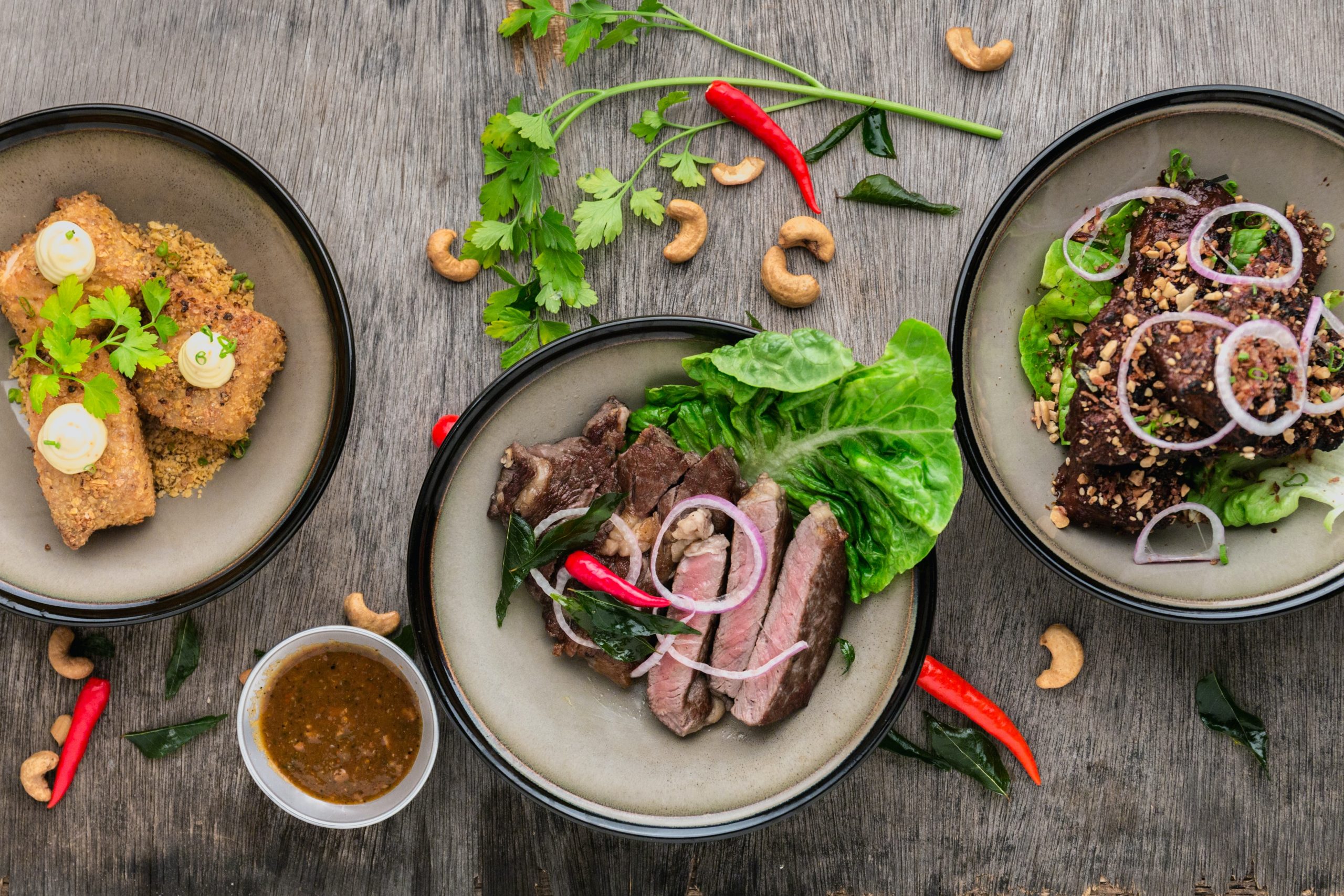
- Iron: Iron plays an important role in immune function. A diet containing too little iron can cause anemia and weaken the immune system. Foods rich in iron include meat, poultry, fish, shellfish, legumes, nuts, seeds, cruciferous vegetables, and dried fruit.
- Protein: Including protein in every meal and snack delivers amino acids to the body which are the building blocks to making protein inside of the body such as hormones, enzymes, and antibodies. Protein-rich foods also contain zinc which is a vital mineral to making t-cells. It is known that not getting enough protein in your daily diet can often lead to a weakened immune system.
Remember that eating right is only part of the battle to stay healthy. Here are some additional healthy habits to help support a healthy immune system:
1. Drink plenty of water
By prioritizing water throughout the day you aid the process of water carrying nutrients throughout the body. Water is also a major component of the lymph system which transports white blood cells.
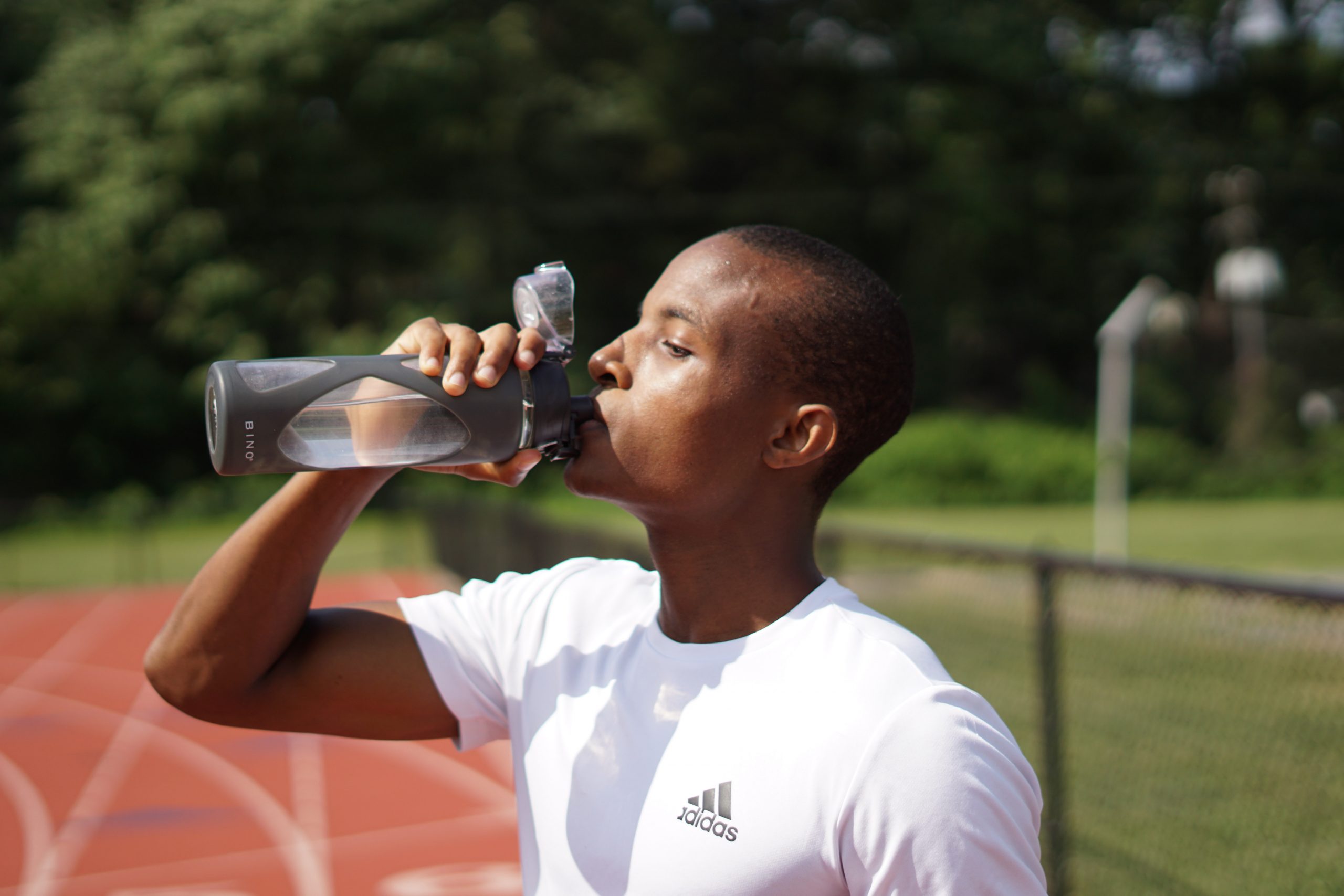
2. Incorporate more fermented foods
Such as yogurt, kefir, sauerkraut, miso, and kimchi which are high in probiotics. The majority of immune cells actually live in the gut along with trillions of bacteria. Adding more fermented options nourishes the gut with more “good” bacteria leaving less room for “bad” bacteria and it creates a much healthier environment in the gut.
3. Include sources of healthy fats
Include fish like salmon, herring, and mackerel as well as plant foods such as walnuts, flaxseeds, hemp seeds, and chia seeds in the daily meal. More specifically omega 3 plays a huge role in keeping the immune system healthy. These fats are also beneficial to the heart.
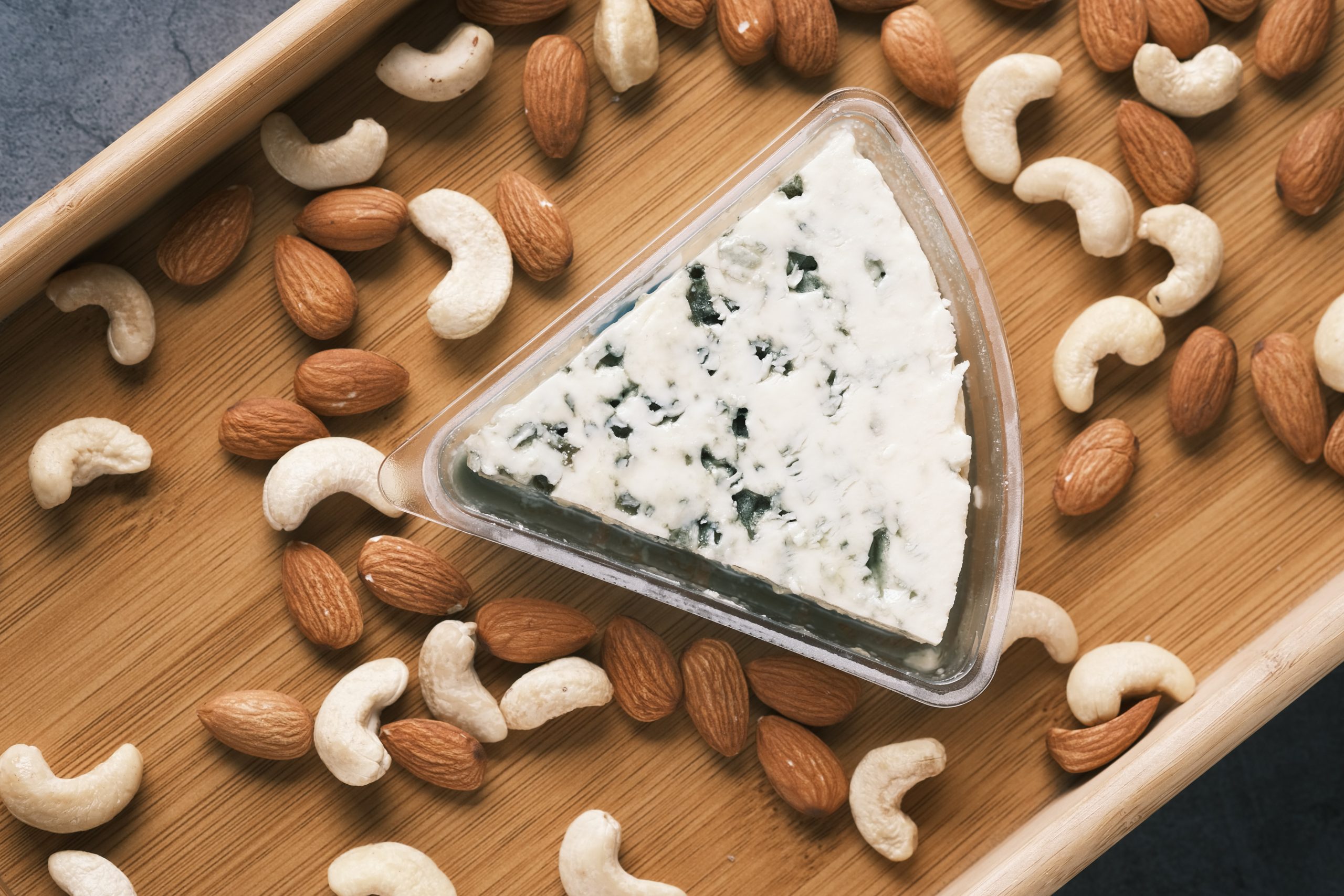
4. Minimizing ultra-processed foods
It has been found in research that eating a diet high in processed foods has been associated with a higher risk of disease. These foods tend to be much higher in fat, salt, and sugar, and lower in fiber. The key is finding a healthy balance.
If a balanced diet is not readily accessible, taking a multivitamin containing the RDA for key nutrients may be used.
5. Get more sunshine
In winter time, due to colder weather and shorter daytimes, many reduce their exposure to the sun, and as a result, produce less vitamin D. Vitamin D helps facilitate a normal immune system, so be sure to get more sun (or remember to eat foods with Vitamin D).

6. Perform moderate regular exercise.
An overall healthier body is better equipped to fight off disease and infection, particularly upper respiratory infections such as colds and the flu.
7. Aim for 7-9 hours of sleep nightly.
Studies show that lack of sleep may significantly lower immune system strength.
8. Wash hands throughout the day.
Handwashing with soap and water for at least 20 seconds is the best way to kill germs.

At Everfit we understand keeping track of your and your client’s daily food intake and exercises can be a difficult task. Try Everfit for free to see how it can help save time on keeping track of your fitness Journey.




